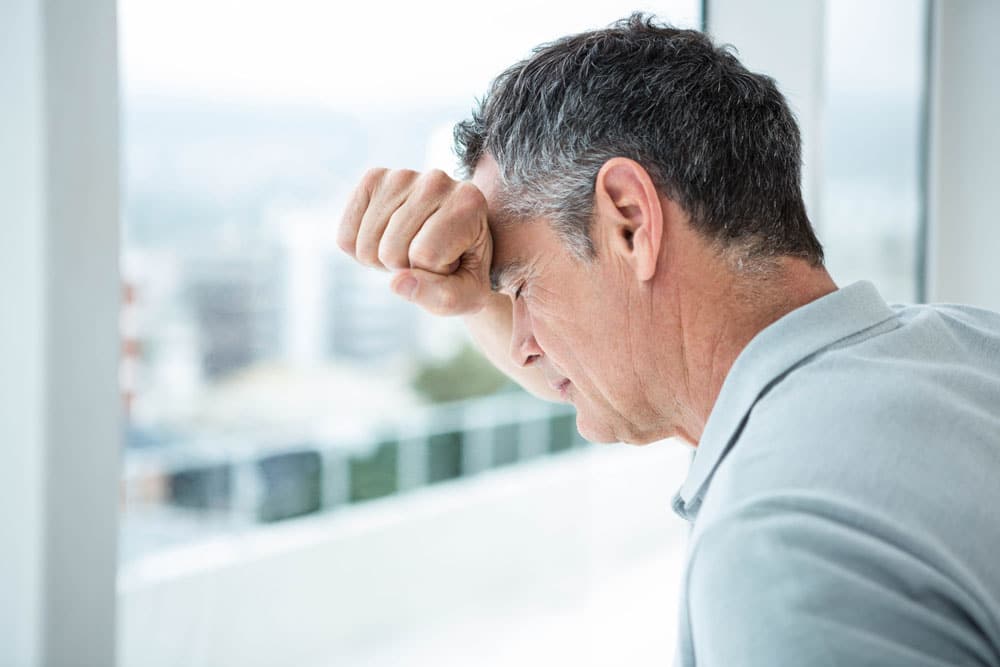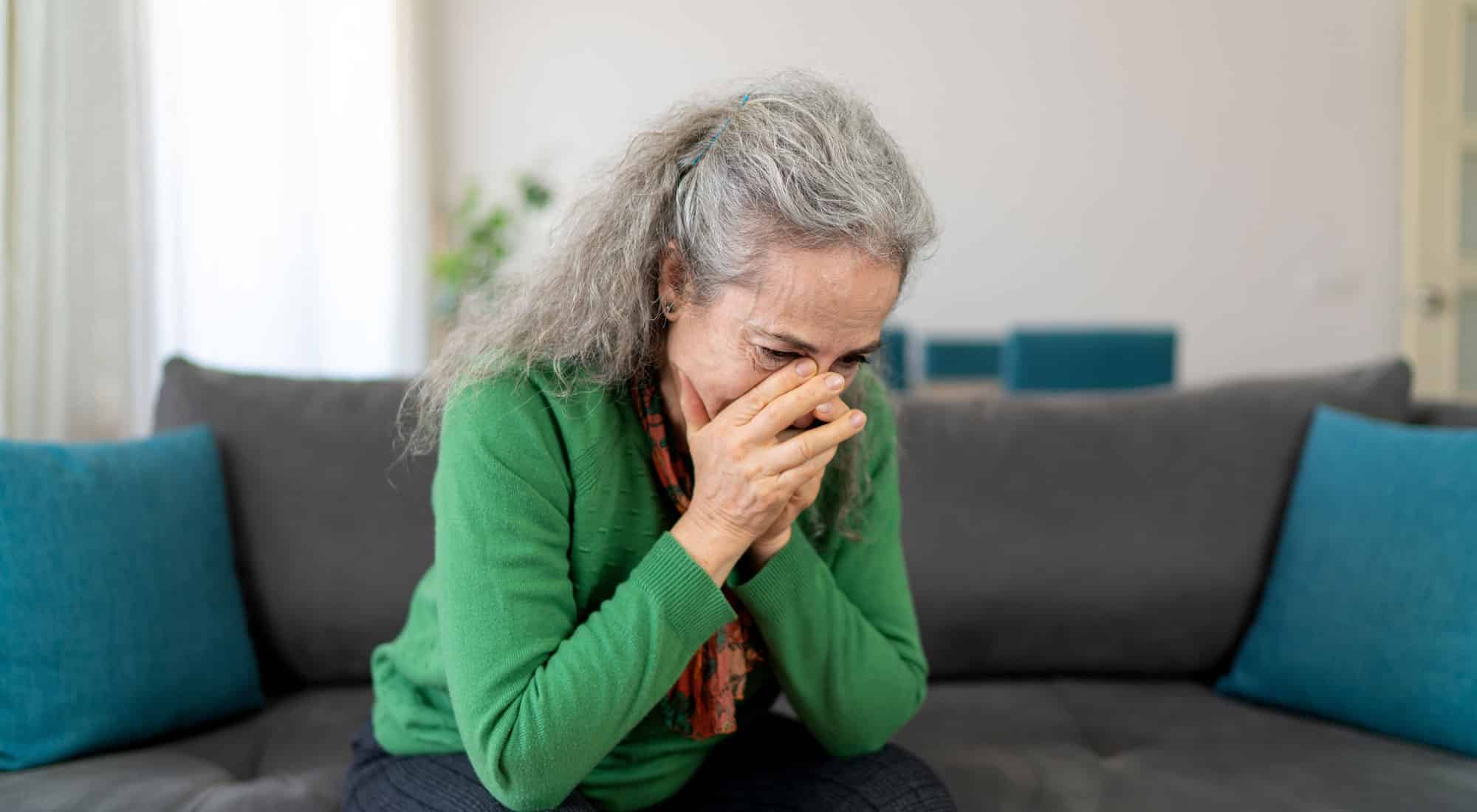By Wesley Gallagher
Grief is an inevitable part of life. Throughout our lives we all experience loss and sorrow. And as we age, grief, loss, and sorrow become even more likely. Yes, we lose more of those we love as we grow older, but grief is not reserved for the loss of loved ones. There is so much we take for granted that we begin to lose as we age, and grief is the natural companion to loss.
Causes of Grief and Loss in Older Adults
Understanding grief in older adults is a key aspect of properly addressing it. While we typically associate grief with the death or loss of loved ones, there are in fact many events in life that cause us to grieve. And as we age, these only multiply. In many ways, grief and aging go hand in hand.
Understanding grief in older adults is a key aspect of properly addressing it.
What are the common causes of grief and loss in older adults?
- Loss of Loved Ones
As we age, we will naturally lose more of the people we love. This often includes the loss of a spouse or lifelong partner, which can be particularly devastating.
- Bodily Changes
As we get older, our bodies don’t always function the way we want them to. From illness and injury to wrinkles and aches and pains, the aging body can be a difficult change to process.
- Career Changes
With aging comes the inevitable retirement from a lifetime of working, which can be extremely rewarding but also leave older adults feeling lost and without direction.
- Altered Relationships
Whether it’s leaving the workplace and your coworkers behind, or watching your children fly the nest, important relationships change over time. Unfortunately, many people also look down on older adults as a burden to society, rather than honoring them for their lifetime of experience and wisdom. This can change the way people interact with you, which can be disorienting.
- Loss of Purpose
Losing your career, and often the respect that comes with it, can leave you wondering what your purpose in life is. If you’ve spent your life working outside the home or raising children, suddenly losing that identity may leave you wondering where your identity lies.
- Loneliness
Virtually all the life transitions listed here can be contributing factors to one of the main struggles older adults have, which is loneliness. Loss of relationships, activities, and purpose can leave you feeling isolated and alone.
“Grief shows up in a lot of different forms, and for a lot of different things,” says The Meadows’ Clinical Director Bre Mylius. There are many types of grief that surface at different stages of life, and it’s important to know how to cope with the emotions that come with each of them.

Dealing with Grief for Older Adults
You may be tempted to believe that loss gets easier as we age, and therefore that grief lessens. But the reality is that grief is just as hard for older adults as it is for young people. And in many ways, the compounding of grief and loss can make it even more difficult to bear.
If not addressed properly, grief can wreak havoc on our mental health, leading to issues like anxiety and depression, or the use of drugs or alcohol to attempt to numb negative emotions. It can even cause physical health issues like digestive problems and weight changes, pain or illness, sleep problems, and difficulty with daily activities, according to Verywellhealth.com.
The reality is that grief is just as hard for older adults as it is for young people. And in many ways, the compounding of grief and loss can make it even more difficult to bear.
Mylius says that one of the most important things you can do is honor your grief and allow yourself to grieve the losses you are experiencing. You may have spent your entire life attempting to compartmentalize or bury your emotions, but a lifetime of unprocessed grief will become a heavy burden as you enter your twilight years and the loss they bring with them.
One way to lessen the burden of your grief is to join a support group. Surrounding yourself with people who understand what you’re going through can be a balm to the soul, an added bonus being the community you gain in the process. If you feel as though your grief is getting the best of you and you may be depressed, individual therapy could also be beneficial.
If you or a loved one is struggling to deal with the mental or physical impacts of grief and aging, The Meadows has a range of options to help you along in your grief journey. Our group for older adults offers support for those experiencing any and all of the life transitions mentioned above, so you will be surrounded by people just like you in an environment focused on lasting healing. Reach out today to learn more.

